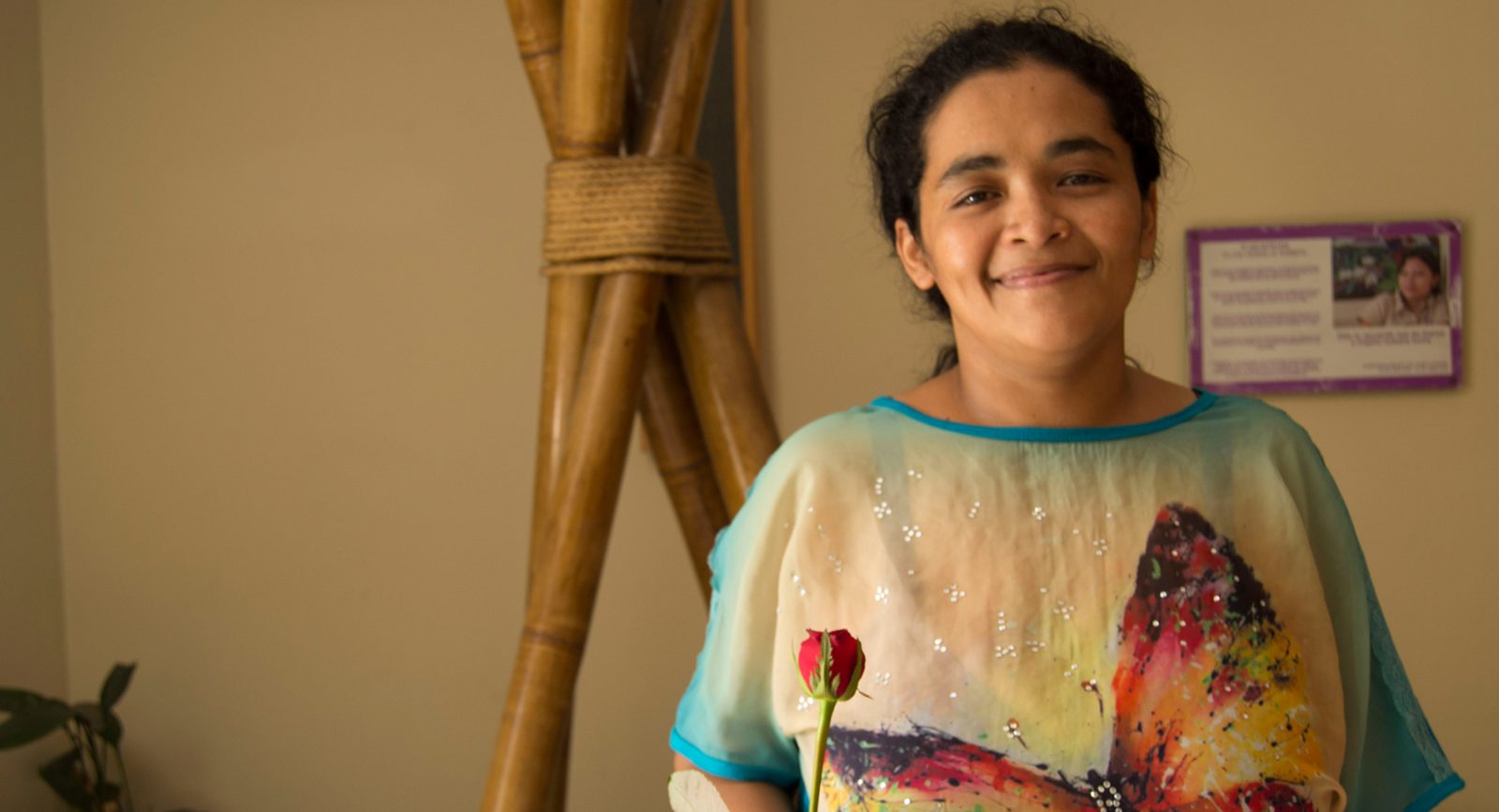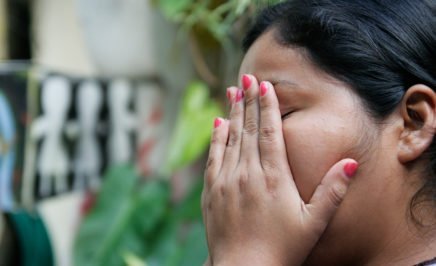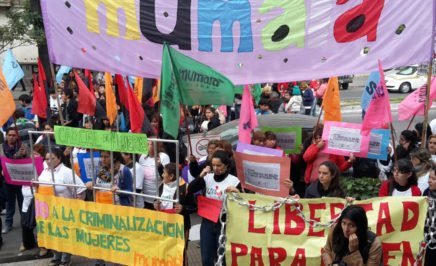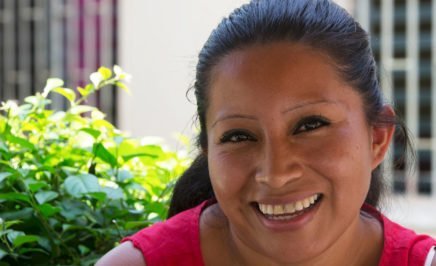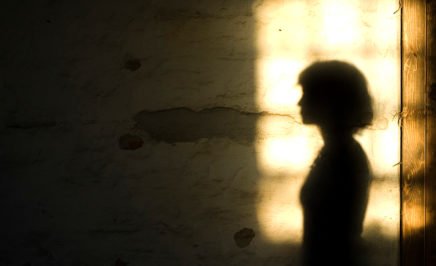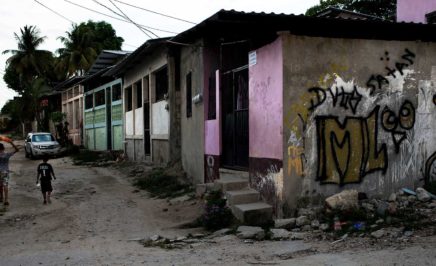A court’s decision this week to release a woman who spent four years in jail in El Salvador for miscarrying her pregnancy is a great victory for human rights. María Teresa Rivera, 33, was jailed in 2011 and sentenced to 40 years in prison for “aggravated homicide” after having a miscarriage.
“The release of María Teresa is yet another step towards justice in a country where women are treated as mere second class citizens,” said Erika Guevara-Rosas, Americas Director at Amnesty International.
“She should have never been forced to spend one second behind bars. Her release must be a catalyst for change in El Salvador, where dozens of women are put in prison because of an utterly ridiculous anti-abortion law which does nothing but put the lives of thousands of women and girls in danger.”
“The release of María Teresa is yet another step towards justice in a country where women are treated as mere second class citizens.”
Erika Guevara-Rosas, Americas Director
María Teresa was arrested in a hospital after her mother-in-law found her in her bathroom almost unconscious and bleeding heavily. Staff at the hospital reported her to the police and accused her of having an abortion.
During the trial, one of Maria Teresa’s bosses testified against her saying she knew she was pregnant in January 2011. This would have made her 11 months pregnant by the time the miscarriage took place. The outrageous testimony was used as one of the pieces of evidence to convict her.
During the trial, one of Maria Teresa’s bosses testified against her saying she knew she was pregnant in January 2011. This would have made her 11 months pregnant by the time the miscarriage took place.
The release today came after a judge ruled there was not enough evidence to prove the charges against her.
Following a change in the Penal Code in 1998, abortion in El Salvador has been banned in all circumstances – even when the pregnancy is the result of rape, incest or when the life of the woman is at risk. The change in the law has led to wrongful prosecutions and misapplication of criminal law where women are immediately assumed guilty. Women with few economic resources are particularly affected by the ban.
